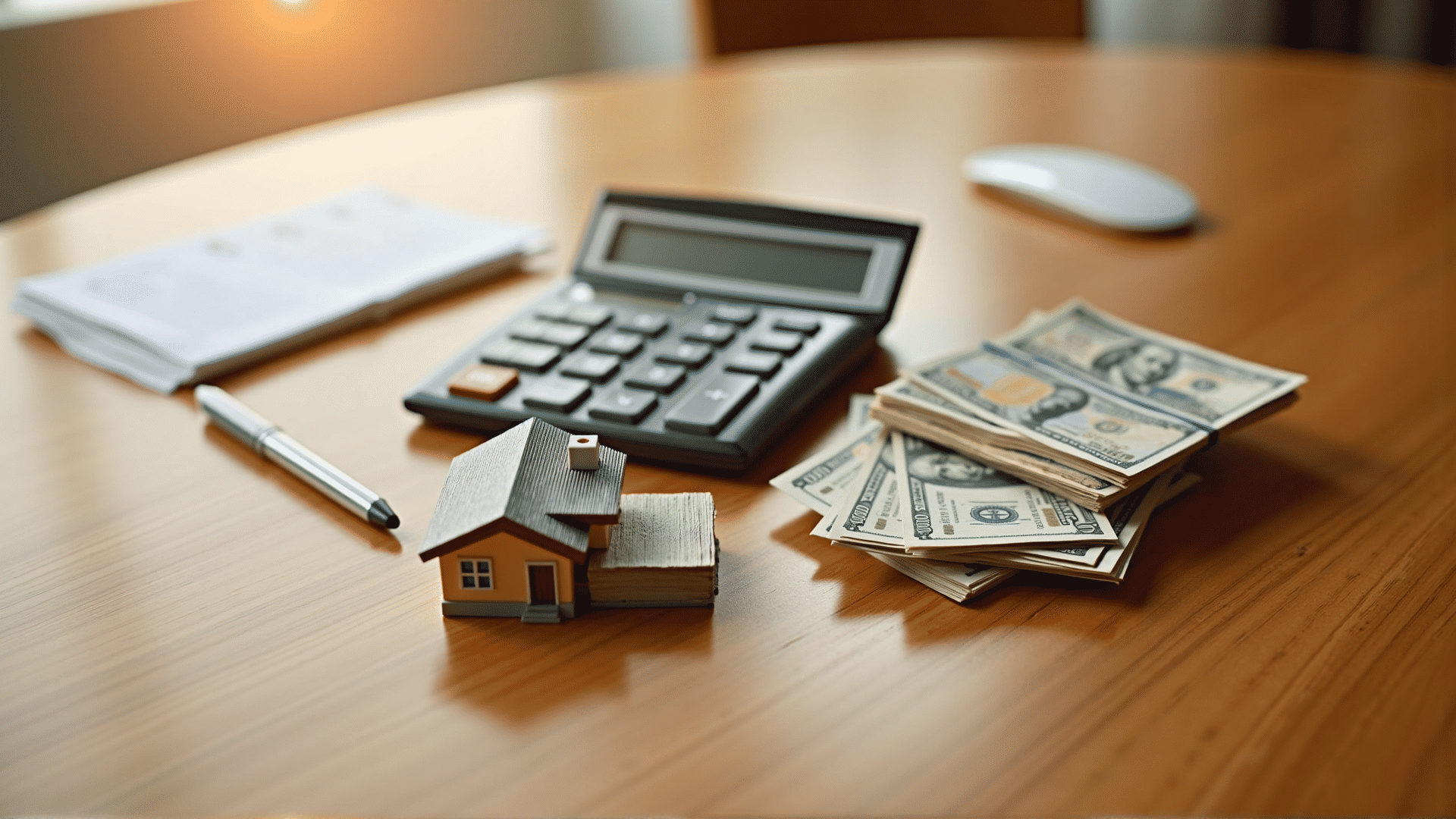Selling a home is often one of the most significant financial transactions an individual will make. When aiming for a quick sale, setting a competitive cash price is crucial. Proper pricing not only accelerates the selling process but can also ensure that you receive a fair market value. Here’s how to determine the right cash price for your home.
Understand Your Local Market
Begin by researching the local real estate market. Investigate recent home sales in your neighborhood to get an idea of what similar properties have sold for in the past few months. This process, known as a comparative market analysis (CMA), will provide a snapshot of current market conditions. Factors such as proximity to amenities, schools, and public transportation can influence home prices.
Consider the Condition of Your Home
The condition of your home plays a significant role in its pricing. A well-maintained and updated property will naturally command a higher price than one requiring extensive repairs or renovations. If you're looking for a quick cash sale, decide whether investing in minor improvements might increase your home's appeal and justify a higher asking price. Simple fixes like a fresh coat of paint, landscaping improvements, or updating fixtures can make a significant difference.
Consult a Real Estate Professional
Real estate professionals have access to valuable resources and insights that can aid in pricing your home accurately. They can provide detailed CMAs and valuable advice on competing against other local listings. Realtors also have the expertise to consider nuanced factors that may not be immediately obvious to the homeowner, such as shifts in buyer preferences or emerging neighborhood trends.
Factor in Cash Sale Incentives
Cash offers are typically more attractive to sellers because they often indicate a quicker, more straightforward transaction. With cash buyers, the risk of financing falling through is eliminated, allowing for a faster closing process. When setting your cash price, you might consider pricing slightly lower than your ideal number to secure the advantage of a cash offer. This trade-off can result in significant savings in terms of time and potential carrying costs.
Evaluate Market Timing
Timing can influence real estate sales considerably. The housing market has seasons—spring and summer tend to attract more buyers, while fall and winter can be slower. Understanding these dynamics can help you time your sale strategically. If time is of the essence, be prepared to adjust pricing to align with slower periods when there might be less buyer competition.
Utilize Online Valuation Tools
While they should not replace professional appraisals, online valuation tools can provide a baseline for what your home might be worth. Tools like Zillow's "Zestimate" use algorithms to provide estimates based on publicly available data. However, remember that these estimations can vary widely in accuracy.
Decide on Your Bottom Line
Ultimately, determining the right cash price involves understanding your financial needs and limitations. Calculate your bottom line by considering how much you owe on your mortgage, any closing costs, and what you hope to walk away with. Having a clear picture of your financial goals will guide your pricing decisions, ensuring you can accept an offer confidently.
Conclusion
Pricing a home for a cash sale demands a blend of market knowledge, strategic thinking, and financial insight. By considering market conditions, home condition, and expert advice, you can set a cash price that attracts buyers while meeting your financial goals. With the right approach, you can achieve a quick and profitable home sale.
